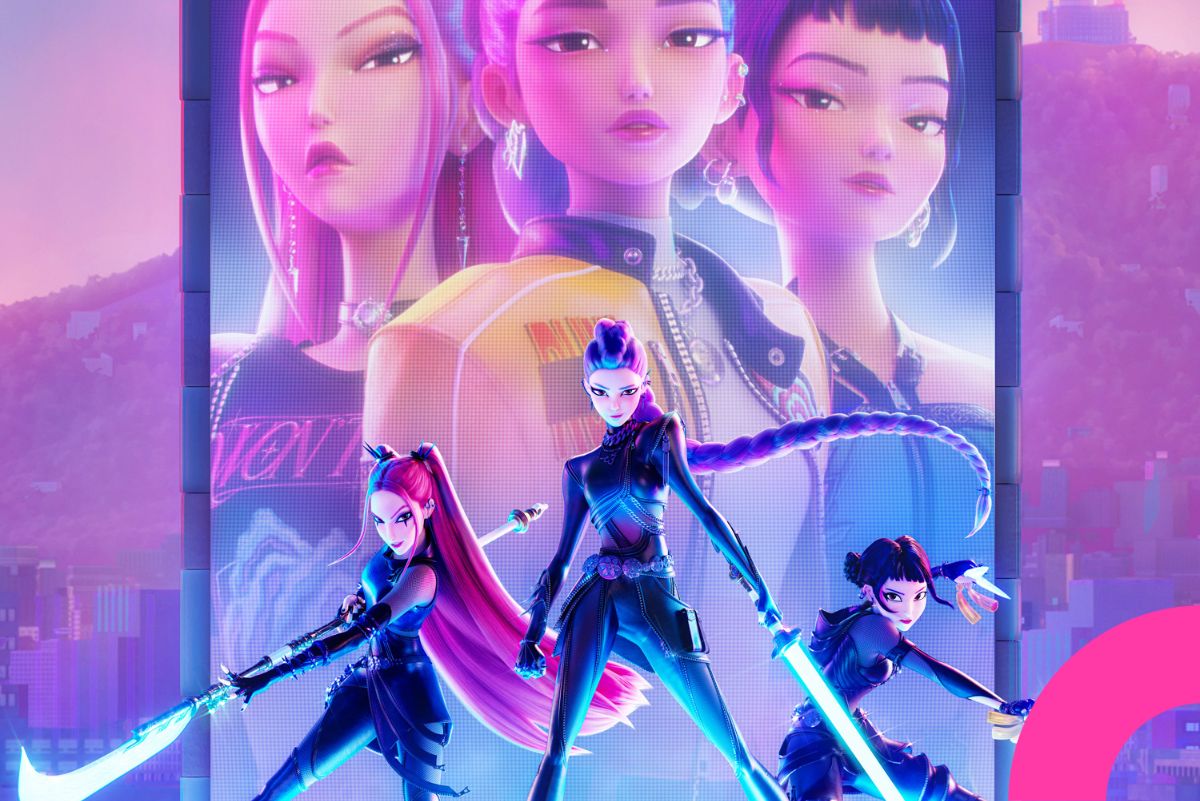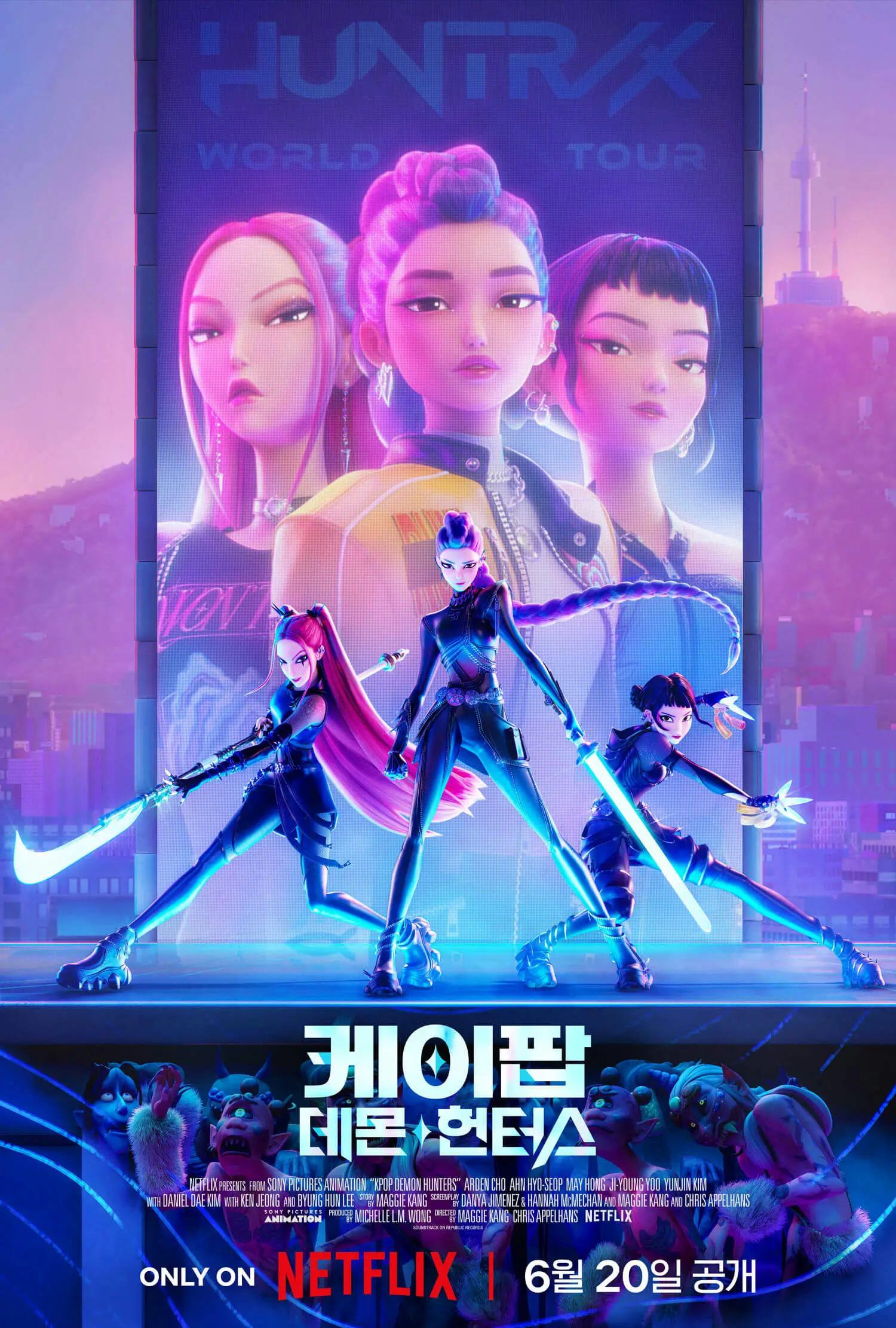
Netflix’s new animated film K‑Pop Demon Hunters, released on June 20, is dominating international streaming rankings No. 1 in 26 countries and placing in the Top 10 across 93 nations, according to FlixPatrol. The high-energy feature blends the worlds of K-pop and supernatural fantasy, following a fictional girl group that moonlights as demon hunters.
Its infectious soundtrack, featuring standout tracks “Takedown” and “Golden,” also made a splash on the U.S. iTunes Album Chart, where it peaked at No. 1, further fueling the global buzz.

However, the film’s success has been met with cultural controversy, particularly from some Chinese netizens who accused the film of “stealing Chinese culture.”
On China’s major review platform Douban, over 1,000 comments have been posted about “K‑Pop Demon Hunters“, with some users criticizing the use of traditional Chinese knots in the animation and questioning why “Chinese cultural elements” were included in a distinctly Korean film.
In response to the backlash, Professor Seo Kyung-duk of Sungshin Women’s University issued a strong rebuttal. “Illegal viewing is now normalized in China, and what’s more shocking is the complete lack of shame surrounding it,” he stated. “Rather than falsely accusing Korea of stealing Chinese culture, Chinese netizens should learn to respect other nations’ heritage.”

He concluded with a sharp remark: “It’s about time China woke up and came to its senses.”
Despite the criticism, “K‑Pop Demon Hunters” continues to perform exceptionally well, bolstered by its unique fusion of K-pop energy, animation, and girl-powered action. The film has not only expanded the global footprint of Korean pop culture but also sparked renewed discussions about cultural boundaries, representation, and intellectual property in the digital age.








